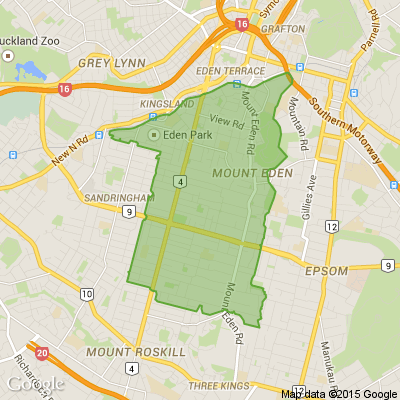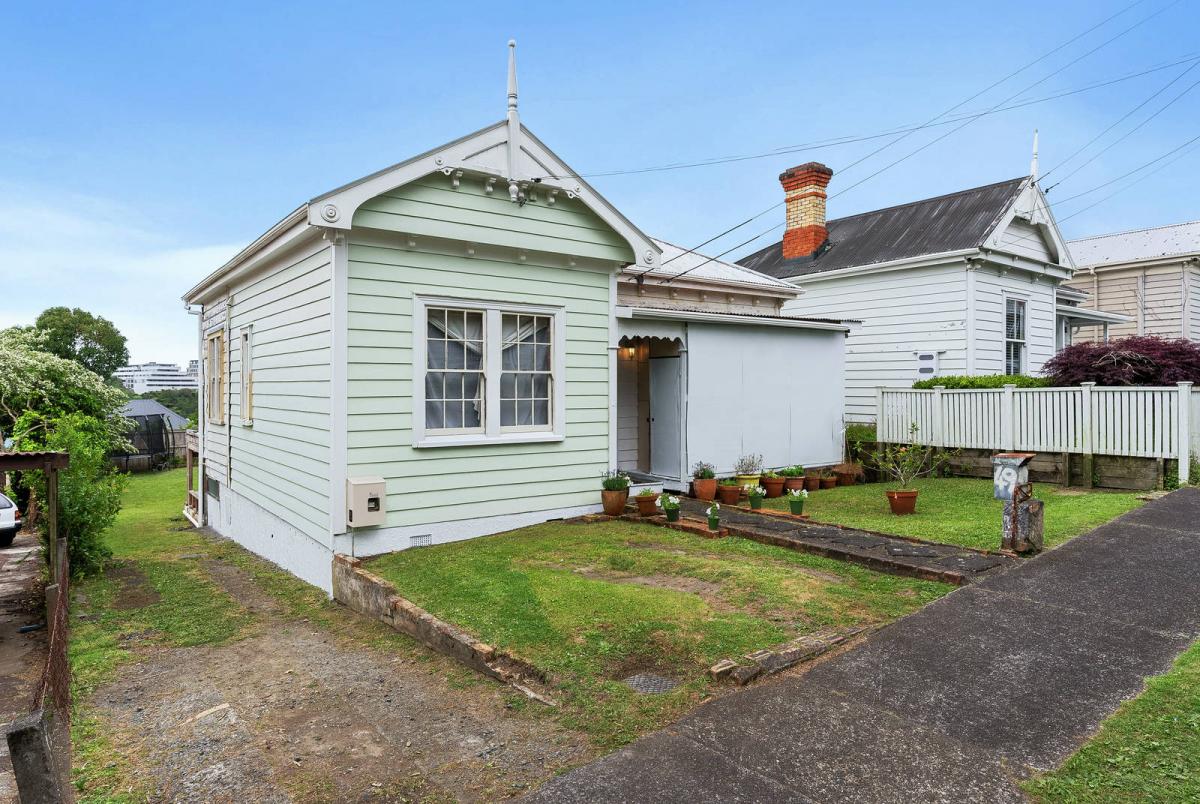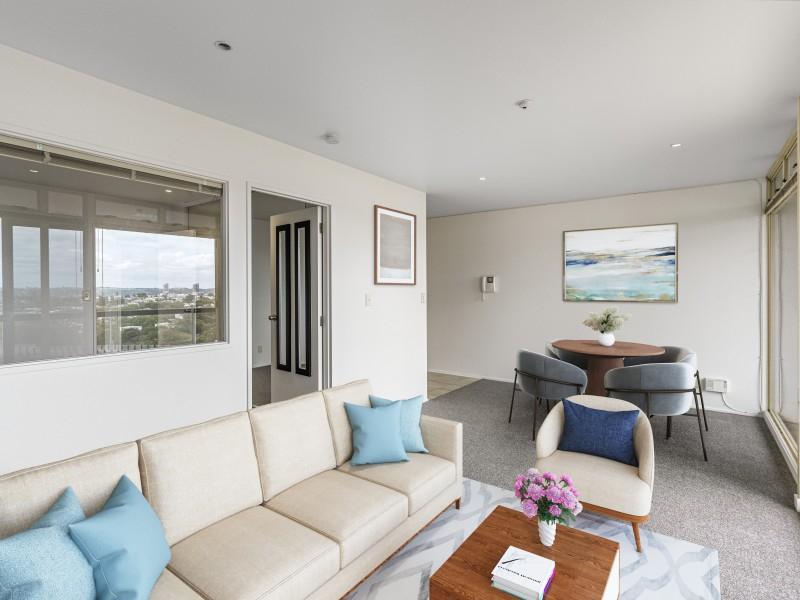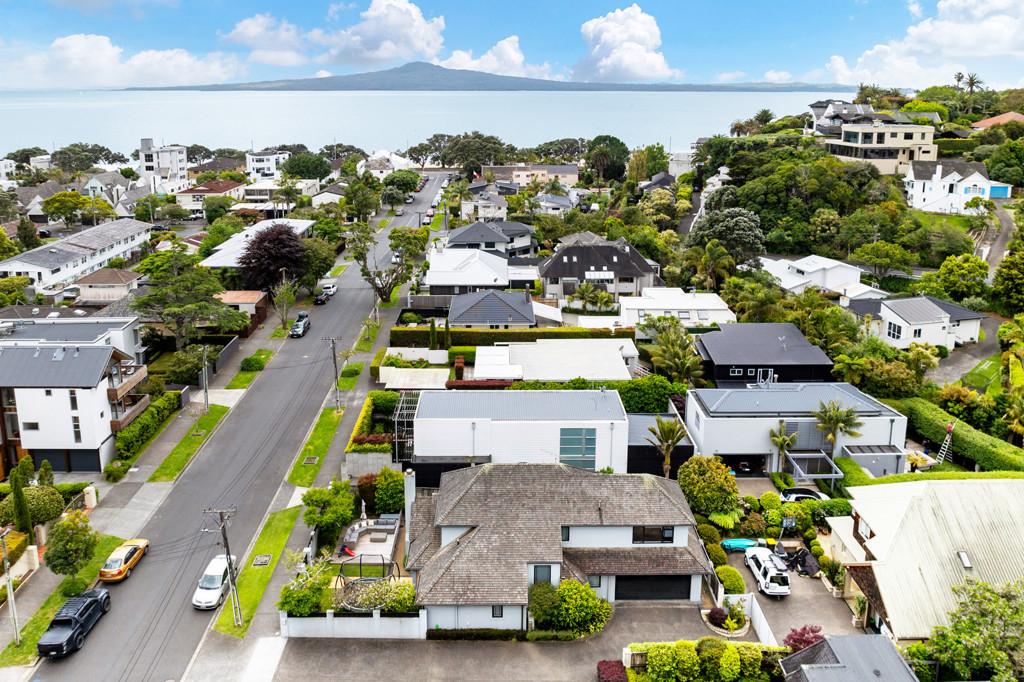Auckland flooding, wild weather: What does a state of emergency mean?
Auckland Mayor Wayne Brown has today declared a state of local emergency as a deluge has hit Tāmaki Makaurau and other parts of the North Island.
Firefighters have responded to 88 calls for help, 22 of which were urgent, across flood-affected Auckland and Northland.
Driving conditions are treacherous and the Northern Motorway is closed between Northcote Rd and Esdmonde Rd in both directions.
“This morning, at my request, the Deputy Mayor and I received an urgent phone briefing from Auckland Emergency Management Civil Defence,” Auckland Mayor Wayne Brown said in a statement.
“After carefully considering the advice of the Duty Controller I have decided to declare a precautionary State of Local Emergency. The decision is based on the lessons we learnt from the Anniversary Auckland floods.
“While I am assured that emergency services are coping with the volume of call outs at the moment, and that they do not require emergency powers, I consider it is necessary to communicate to the public that this is something to take seriously.
“As I am in Sydney on Council business, I have delegated my responsibilities and powers to Desley Simpson, who is now Acting Mayor until I return,” Brown said.
So what does that mean for you?
===========================
For the most part, the state of emergency does not affect daily life.
Schools can open if they are not already and people can go to work as usual.
========================================================
The state of emergency simply means agencies are able to access some powers they usually do not have.
========================================================
It means council staff are able to enter buildings at any time during working hours to assess the safety, evacuate people and prohibit the use of the building if it is deemed unsafe - and police have the power to support them in doing that
======================================================
The state of emergency also means that the Civil Defence Emergency Management Group have powers relating to the provision of the relief of distress including emergency food, clothing and shelter.
========================================================
It allows Fire and Emergency New Zealand to enter any properties and shore up or pull down structures that have been damaged and provide a danger to life or property.
====================================================
‘We recommend you are extra cautious’
Auckland Council is warning properties next to, above or below properties affected by existing landslides may be at increased risk of further landslides.
The council’s head of engineering resilience Ross Roberts said today’s rain may see further damage.
“In many areas, clifftop properties with existing landslides may encounter further damage.
“If your house has a red ‘entry prohibited’ placard, ensure you’re following the requirement to stay out.
“If your house has a yellow ‘restricted access’ placard, follow the restrictions given on the placard and seriously consider avoiding any entry for the duration of the event.
“If your house is next to a property with a placard, or if you see any signs of instability, or if you are concerned about the stability of the land around your house, we recommend you are extra cautious during this likely severe weather event and you may want to consider finding alternative accommodation during heavy rain.”
================================================
www.nzherald.co.nz...
================================================

The Influence of the Whānau - Day 9
In a small Māori pā (village) nestled beside a flowing river, a young boy named Rangi lived with his whānau. Rangi was curious and adventurous, always exploring the ngahere (forest) and listening to the stories of his kaumātua (elders). The kaumātua would often remind him, “He waka eke noa”—we are all in this together, and our actions affect the collective.
Rangi's best friend, Manu, was a clever boy but sometimes made poor choices. Manu had recently begun spending time with a group of older boys from another pā who were known for their reckless behavior. They would waste kai (food), leave rubbish in the ngahere, and even disturb the sacred awa (river) by throwing stones at eels.
One day, Manu invited Rangi to join the group, saying, “Come on, Rangi! They’re fun, and they won’t hurt anyone. We’re just having a good time!” Unsure, Rangi agreed, feeling pressure to fit in.
The group’s leader, Matiu, proposed a game: they would sneak into the kaumātua's kumara patch at night and take some for a "feast." Rangi hesitated. He remembered the kaumātua saying how much work went into growing the kumara, with karakia (prayers) and care for the soil. But he stayed silent, feeling outnumbered.
That night, the group raided the garden. As they laughed and ate the stolen kumara by the fire, Rangi felt uneasy. He realized that this was not who he wanted to be. When he saw Manu’s joy in impressing Matiu, Rangi felt torn but remained quiet.
The next morning, the kaumātua discovered the missing kumara and the trampled garden. They called the entire pā together, expressing sadness, not anger. “Our ancestors teach us that the whenua (land) provides for all of us, but only if we treat it with respect,” said one elder. “When we harm the whenua, we harm ourselves.”
Rangi’s heart sank. That evening, he confessed to the kaumātua and his whānau, explaining everything. To his surprise, they did not scold him harshly. Instead, they said, “He tangata tītoki, he tangata rākau—a person is like a tree; they grow straight when supported by others. You must choose companions who uphold the values of your whānau and whenua.”
Rangi decided to distance himself from Manu’s new group and instead spent time with those who respected the land and upheld the teachings of their ancestors. Over time, he encouraged Manu to rejoin him, and together they worked to rebuild the kumara patch, learning from the kaumātua.
---
Moral
This story highlights the importance of right company and like-mindedness. It shows that no one is inherently bad, but the influence of others and the situations we choose can lead us astray. Surrounding ourselves with those who uphold values like respect, care, and collective well-being ensures a life of balance and harmony.
Ka mua, ka muri — by learning from the past, we can walk into the future.
Poll: When should the tree go up? 🎄
From what we've heard, some Christmas trees are already being assembled and decorated.
What are your thoughts on the best time to get your Christmas tree up?

-
4.7% Second half of November
-
43.6% 1st December
-
17.6% A week before Christmas
-
33% Whenever you wish
-
1.1% Other - I'll share below
Today’s Riddle – Can You Outsmart Your Neighbours?
First you eat me, then you get eaten. What am I?
Do you think you know the answer to our daily riddle? Don't spoil it for your neighbours! Simply 'Like' this post and we'll post the answer in the comments below at 2pm.
Want to stop seeing riddles in your newsfeed?
Head here and hover on the Following button on the top right of the page (and it will show Unfollow) and then click it. If it is giving you the option to Follow, then you've successfully unfollowed the Riddles page.







 Loading…
Loading…











